Physical Address
304 North Cardinal St.
Dorchester Center, MA 02124
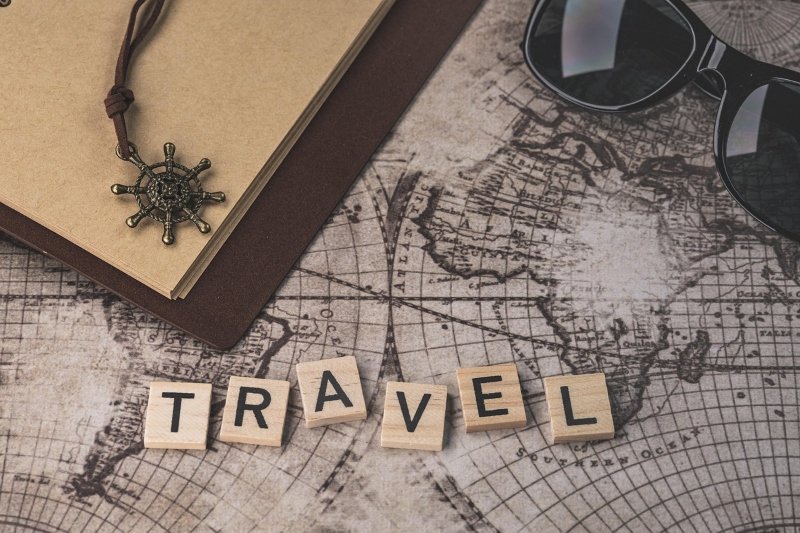
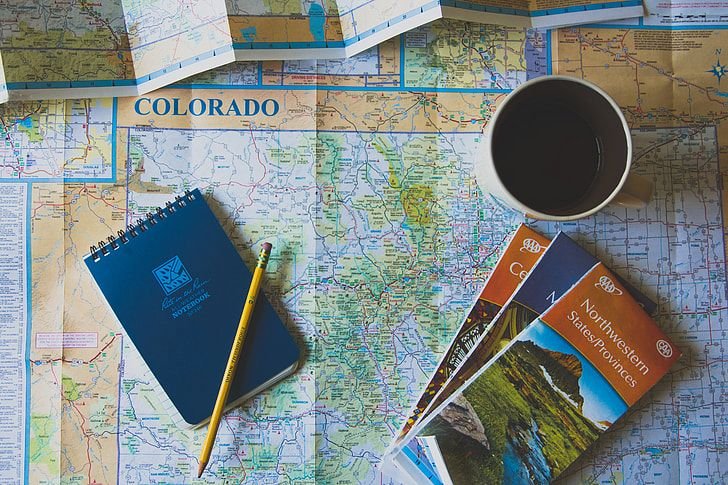
smart independent travel planning
Discover sustainable tourism and independent travel planning tips for eco-friendly adventures that save money while protecting the environment.
Discover how to make your next journey a unique experience that respects the environment while saving money through intelligent independent travel planning – a comprehensive guide for the modern traveler seeking adventure and environmental responsibility
Have you ever wondered if your wanderlust could coexist with your environmental consciousness? Picture this: You’re standing on a pristine beach in Costa Rica, watching sea turtles nest under a canopy of stars, knowing that your visit directly supports local conservation efforts and community livelihoods. This isn’t just a dream , it’s the reality of sustainable tourism combined with independent travel planning.
According to recent studies, 87% of travelers want to travel sustainably, yet only 39% actively make environmentally friendly choices. The gap between intention and action has never been more critical to bridge, especially as tourism accounts for approximately 8% of global greenhouse gas emissions.
Sustainable tourism isn’t merely about using bamboo straws or staying in eco-lodges , though these certainly help. It’s a comprehensive approach that considers the environmental, social, and economic impacts of travel. When I first embarked on my journey toward eco-friendly travel, I realized that the most profound experiences often came from the smallest, most thoughtful choices.
Environmental Sustainability focuses on minimizing your carbon footprint and preserving natural resources. This means choosing destinations that prioritize conservation, supporting businesses with genuine environmental commitments, and being mindful of your resource consumption.
Social Sustainability emphasizes respecting local cultures and communities. During a recent trip to Nepal, I discovered that staying with local families not only provided authentic cultural immersion but also ensured my tourism dollars directly benefited the community.
Economic Sustainability involves supporting local economies through responsible spending. This community tourism approach transforms travelers from mere observers into active participants in local economic development.
There’s something magical about independent travel that organized tours simply cannot replicate. When you plan your own journey, you become the architect of your adventures, crafting experiences that align perfectly with your values and budget.
Self-planned travel opens doors to undiscovered treasures and off-the-beaten-path destinations that tour groups never visit. Last year, while exploring the Azores independently, I stumbled upon a small village where locals invited me to participate in their traditional cheese-making process , an experience no travel agency could have arranged.
Independent travel planning typically offers significant travel cost savings. Research shows that self-planned trips can cost 30-50% less than organized tours, allowing you to extend your travels or allocate more budget toward sustainable choices like eco-certified accommodations.
When you travel independently, you’re more likely to engage with locals meaningfully. These connections often lead to insider knowledge about locally preferred places and unfamiliar locations that remain hidden from mass tourism.
Your journey toward eco-friendly travel begins before you even leave home. Here are practical strategies to minimize your environmental impact:
Air Travel Optimization: When flying is necessary, choose direct flights when possible, as takeoffs and landings consume the most fuel. Consider carbon offset programs, though remember that reducing emissions is always preferable to offsetting them.
Overland Adventures: Embrace green transportation options like trains, buses, or electric vehicles. Some of my most memorable journeys have been overland , watching landscapes change gradually through train windows offers perspectives that flights simply cannot provide.
Local Transportation: Once at your destination, walk, cycle, or use public transportation. Many cities now offer bike-sharing programs that provide both exercise and eco-friendly mobility.
Sustainable accommodation extends beyond hotels with recycling programs. Look for:
Eco-lodges and green hotels are increasingly common, but don’t overlook home,sharing options with environmentally conscious hosts or traditional guesthouses that naturally operate with minimal environmental impact.
Contrary to popular belief, sustainable travel doesn’t have to break the bank. In fact, many eco-friendly choices are inherently budget travel solutions.
| Accommodation Type | Average Cost/Night | Sustainability Benefits | Best For |
|---|---|---|---|
| Hostels with Green Certifications | $15-35 | Energy efficiency, waste reduction | Solo travelers, young adventurers |
| Local Guesthouses | $20-50 | Direct community support | Cultural immersion seekers |
| Home-sharing with Eco-hosts | $25-60 | Reduced environmental impact | Families, longer stays |
| Eco-lodges | $40-100 | Conservation support | Nature lovers |
Eating local isn’t just culturally enriching , it’s economically smart and environmentally responsible. Local markets offer fresh, seasonal produce at fraction of restaurant prices while supporting regional agriculture.
Street Food Adventures: Some of the world’s best culinary experiences happen at local food stalls. In Vietnam, I discovered that a bowl of pho from a street vendor cost $2 compared to $15 at tourist restaurants, and the local version was authentically superior.
Slovenia stands out as a sustainable destination where Ljubljana became the world’s first zero-waste capital. The country offers incredible green travel opportunities from the emerald Soča River to the underground marvels of Škocjan Caves.
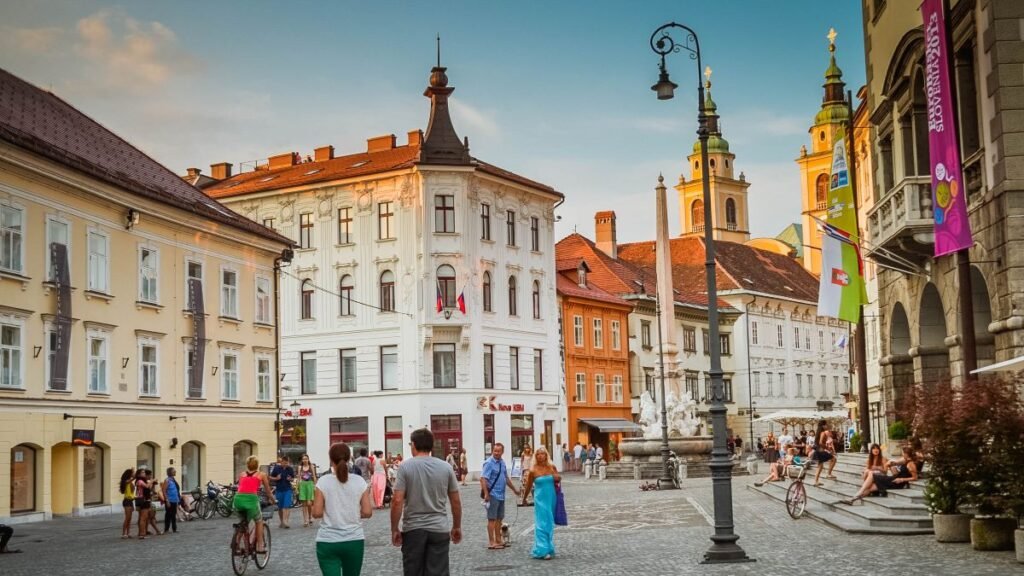
Ljubljana became the world’s first zero-waste capital
Portugal provides excellent budget-friendly travel options with its commitment to renewable energy and sustainable tourism practices. The Azores archipelago represents one of the world’s most undiscovered paradises for eco-conscious travelers.

renewable-energy-park
Bhutan measures Gross National Happiness instead of GDP and requires tourists to pay a daily fee that funds conservation and community development. This model ensures that tourism directly benefits environmental and social causes.

Bhutan and the Paradox of Happiness – MIR
Taiwan has become an unexpected leader in eco-tourism, with extensive cycling infrastructure and mountain conservation programs that offer locally preferred places away from typical tourist circuits.
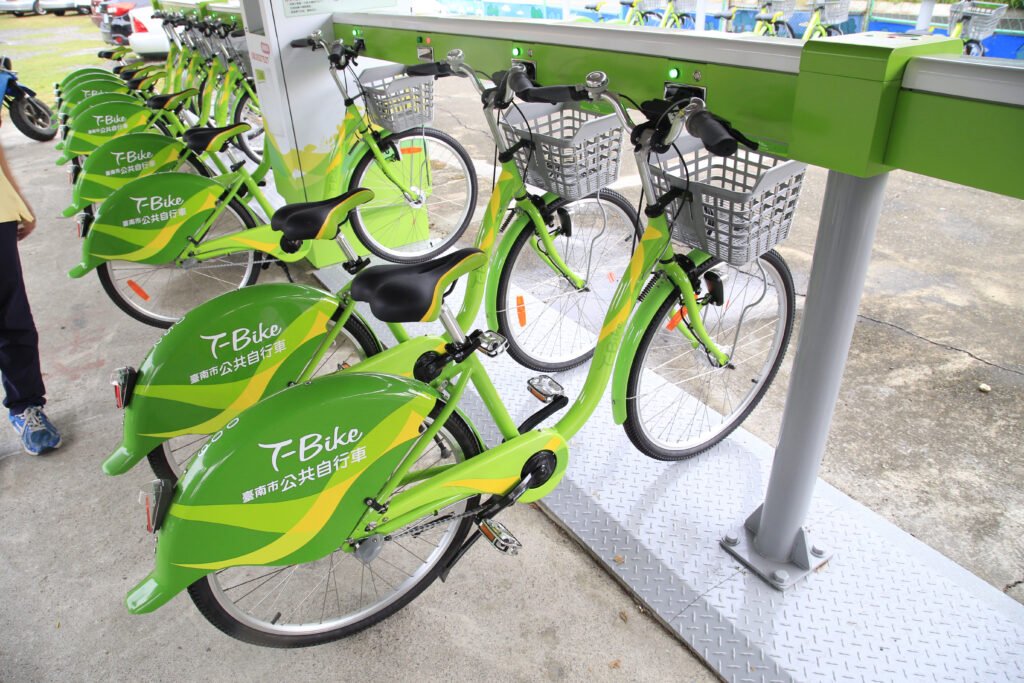
Taiwan extensive cycling
Costa Rica remains the gold standard for sustainable tourism, with over 25% of its territory protected and a tourism industry built around conservation. The country proves that environmental protection and tourism can be mutually beneficial.
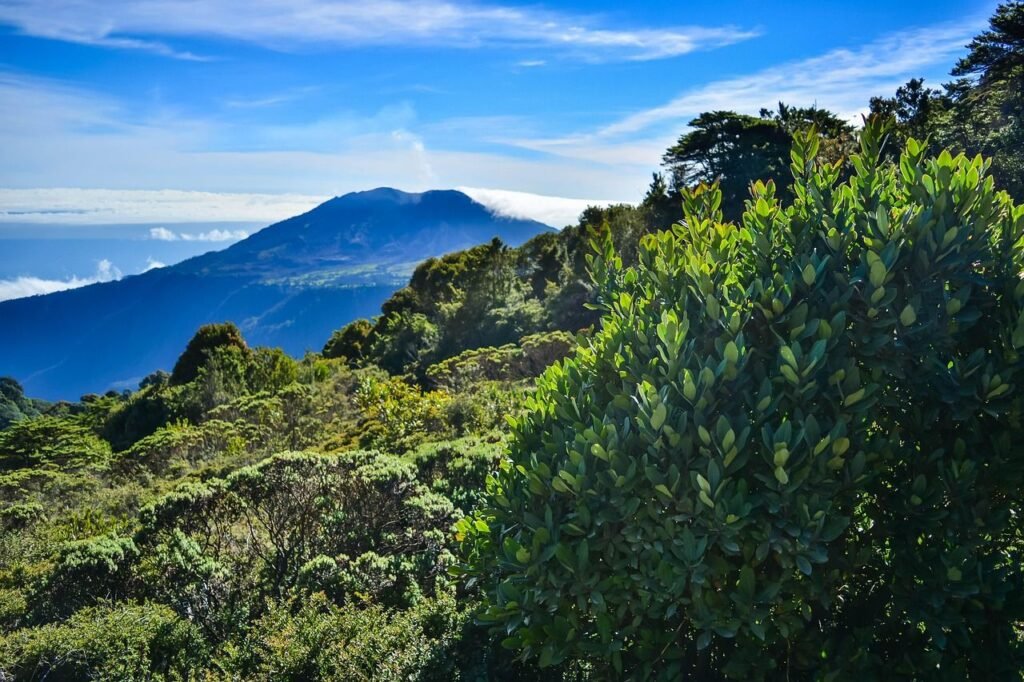
Costa Rica-sustainable tourism
Patagonia offers some of the world’s most spectacular unfamiliar locations where responsible tourism supports conservation efforts across Chile and Argentina.
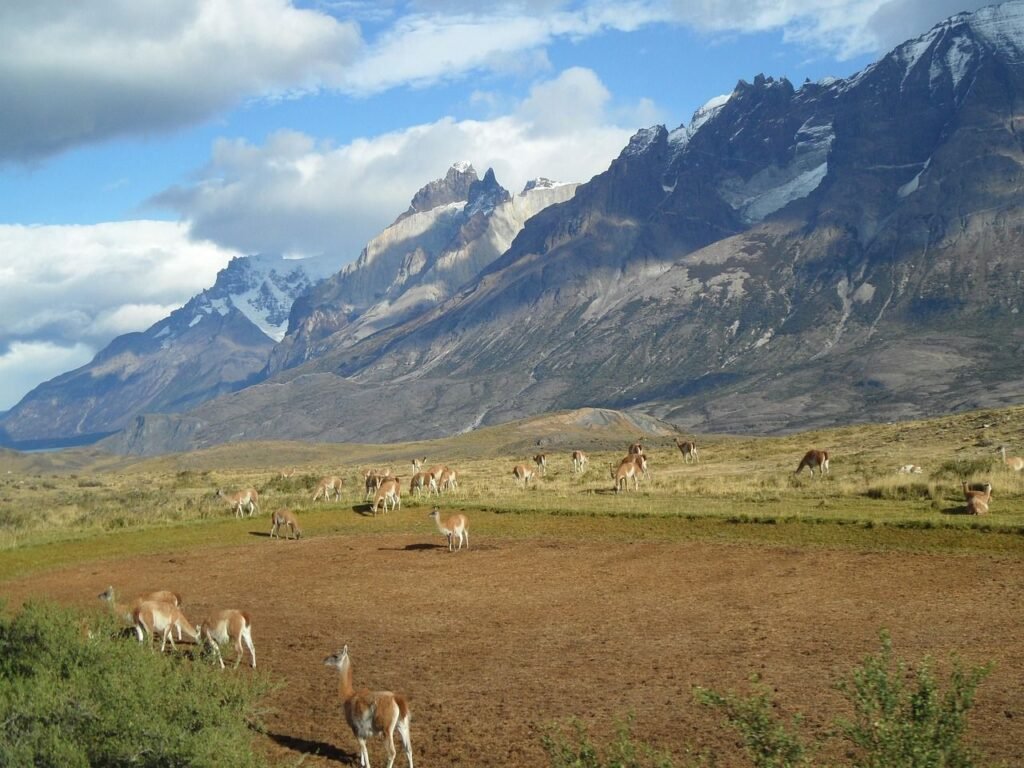
Patagonia
Transportation typically accounts for 75% of travel-related emissions, making it the most critical area for sustainable choices.
Europe’s extensive rail network offers both convenience and sustainability. High-speed trains between major cities often prove faster than flying when considering airport transfer times. The journey from Paris to Barcelona by train takes just 6.5 hours and produces 90% fewer emissions than flying.
| Region | Sustainable Option | Experience | Cost Comparison |
|---|---|---|---|
| Europe | Rail Pass | Cultural landscapes | Often cheaper than flights |
| Japan | JR Pass | Efficiency meets tradition | Significant savings for multiple cities |
| India | Train Travel | Social immersion | 70% less than flying |
| South America | Bus Networks | Diverse landscapes | 80% savings over flights |
Community tourism represents the heart of sustainable travel. These experiences provide authentic cultural connections while ensuring tourism benefits reach local communities directly.
Staying with local families offers unparalleled cultural immersion. In Mongolia, I spent a week with a nomadic family, learning traditional herding techniques and understanding their deep connection to the land. This experience, impossible through conventional tourism, cost less than hotel accommodation while providing invaluable cultural insights.
Meaningful volunteer experiences require careful selection. Legitimate programs focus on skill-sharing rather than manual labor and maintain long-term community relationships. Research thoroughly and choose organizations with transparent funding and genuine local partnerships.
Understanding local customs enhances your travel experience while demonstrating respect for host communities.
Always ask permission before photographing people, especially in traditional or religious settings. Consider how your presence might impact local life and adjust accordingly.
Solo travel often proves more budget-friendly for sustainable tourism. Hostels with environmental certifications, public transportation, and local dining are naturally suited to individual travelers.
Families can embrace sustainable travel through apartment rentals in residential neighborhoods, cooking with local ingredients, and choosing destinations with robust public transportation.
Family vacation ideas that combine sustainability and budget consciousness include:
Modern apps and websites make sustainable travel planning easier:
Traveling during shoulder seasons offers multiple advantages:
Choose destinations during their optimal seasons to minimize the need for energy-intensive climate control and to experience places at their natural best.
Maria, a teacher from Germany, discovered that spending three months exploring Southeast Asia overland cost less than a two-week package tour. Her slow travel approach allowed deep cultural connections and significantly lower environmental impact.
Tech worker James reduced his annual carbon footprint by 60% by becoming a digital nomad, staying longer in each destination and choosing locations accessible by land from his previous stops.
Q: Is sustainable travel more expensive?
A: Not necessarily. Many sustainable choices like local transportation, street food, and community-based accommodation are actually more budget-friendly than conventional tourist options.
Q: How do I verify if a business is truly sustainable?
A: Look for third-party certifications like B-Corp, Green Key, or LEED. Research the company’s specific environmental and social practices rather than relying solely on marketing claims.
Q: Can solo female travelers safely choose sustainable travel options?
A: Absolutely. Community-based tourism often provides safer, more supportive environments for solo female travelers through local networks and cultural connections.
Q: How do I offset flights when flying is necessary?
A: Choose high-quality offset programs that support verified projects. However, prioritize reducing emissions first through direct flights and longer stays to minimize flight frequency.
Q: What’s the difference between eco-tourism and sustainable tourism?
A: Eco-tourism focuses specifically on natural environments and conservation, while sustainable tourism encompasses broader environmental, social, and economic considerations across all types of travel.
Sustainable tourism isn’t just about preserving destinations for future generations , it’s about enriching your own travel experiences through deeper connections, authentic encounters, and meaningful adventures. When you choose independent travel planning combined with environmental consciousness, you become part of a growing movement transforming tourism from a potentially destructive force into a tool for positive change.
Every journey you take is an opportunity to vote with your wallet for the kind of world you want to explore. Whether you’re seeking hidden gems, undiscovered treasures, or locally preferred places, sustainable and independent travel opens doors to authentic experiences while protecting the very destinations that inspire your wanderlust.
Start planning your next eco-friendly adventure today. Research destinations that align with your values, connect with local communities, and remember that the most sustainable trip is often the most rewarding one.
Ready to transform your travel style? Visit travelgoeasy.net for personalized sustainable travel planning tools, eco-certified accommodation options, and community-based experience bookings. Your adventure toward responsible travel starts with a single click.
What destination will you explore sustainably next? Share your sustainable travel dreams and experiences in the comments below , your story might inspire another traveler to make more conscious choices.
This article is exclusively written for travelgoeasy.net and is protected by copyright. Any reproduction or use without permission is strictly prohibited.
Visit travelgoeasy.net for personalized sustainable travel planning tools, eco-certified accommodation options, and community-based experience bookings. Your adventure toward responsible travel starts with a single click.





[…] territories that they find more challenging than logistical obstacles. The prospect of navigating unfamiliar social situations, resolving cultural misunderstandings and managing emotional responses without […]